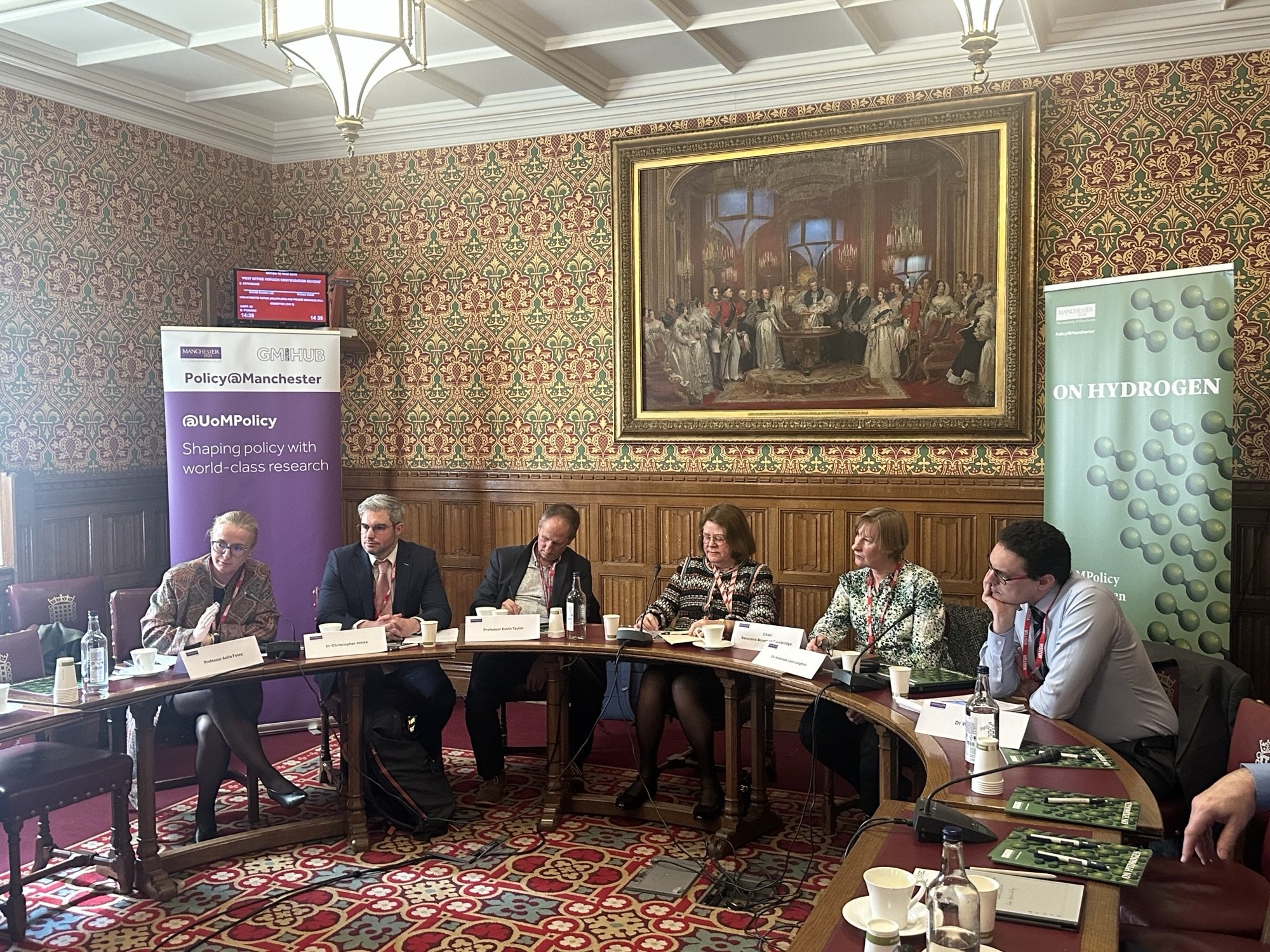The underreporting of sexual harassment and violence against women and girls on public transport is hampering efforts to design evidence-based safety measures, a leading academic has warned.
A University of Manchester expert has made recommendations to tackle violence against women and girls on public transport (Credit: franckreporter)
In an article published by The University of Manchester’s policy engagement unit, Policy@Manchester, Dr Reka Solymosi highlights figures from the Office for National Statistics which estimates that only 17% of victims of sexual violence report their experiences. She adds: “If we apply this estimate to the recorded monthly average of 116 sexual offences, the adjusted figure could rise to 683 incidents per month.”
Dr Solymosi notes that campaigns such as the “Report It to Stop It” (RITSI) initiative show how targeted approaches can increase reporting rates without raising fear of crime. “However, these successes are often uneven,” she writes. “Research from The University of Manchester found RITSI was effective on the London Underground but had limited impact on bus networks for example.”
Dr Solymosi argues that both fear and reality of victimisation shape how women use public transport, leading many to avoid it entirely or adopt self-protective behaviours. “My research, using an experience sampling method via a mobile phone application, demonstrates that fear of crime is shaped by situational and environmental context, as well as everyday experiences,” she explains. “The results reveal that understanding the context around women’s experiences of victimisation and fear is important to shape evidence-based initiatives that tackle this. Yet many incidents go unreported due to inaccessible reporting systems or a lack of trust in authorities. This absence of reliable data creates a vicious cycle: without a clear picture of the problem, authorities struggle to develop targeted interventions.”
Drawing on her research-based expertise, the University of Manchester academic has advanced a series of policy recommendations to support the government’s vision for tackling violence against women and girls.
Dr Reka Solymosi, Senior Lecturer in Quantitative Methods at The University of Manchester
This includes a call for transport authorities and police forces to prioritise evidence-based initiatives. “For police, this means ensuring that reports of sexual harassment are taken seriously, supporting women in reporting incidents, and acting on their concerns,” she writes. “For transport authorities, it means making reporting easier and ensuring campaigns and interventions are based on data and evidence.”
Dr Solymosi also urges local and national transport authorities to “expand public awareness campaigns that encourage reporting, using inclusive language and imagery that reflect the diversity of transport uses and users.” She adds: “Authorities must also close the feedback loop by showing how these reports drive real change, reinforcing trust and participation.”
Thirdly, she advocates the utilisation of user-friendly tools for discreet, real-time reporting. “Local and national transport authorities could integrate these features into transport apps to make reporting quick and accessible, providing valuable data to guide safety measures and target resources effectively,” she explains. “Government legislation could be used to require private transport companies to implement such solutions.”
And finally, Dr Solymosi argues that each of the initiatives she outlines “must be rigorously evaluated, either by government authorities or through partnerships with universities or research organisations.” She continues: “Too often, campaigns and intervention programmes are implemented without understanding their true impact, including unintended risks. Embedding evaluation from the start ensures that interventions work as intended or can be adapted to maximise their impact and avoid unintended harm.”
‘Safer transport for women and girls through better data collection’ by Dr Reka Solymosi is available to read on the Policy@Manchester website.





























